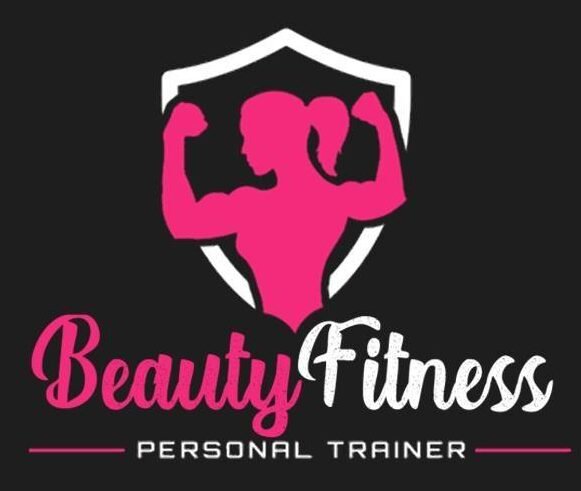Natural hair care certification programs provide formal training and education for individuals interested in becoming proficient in caring for and styling natural hair. These programs offer a structured curriculum that covers a wide range of topics, from understanding hair types and textures to mastering styling techniques and promoting scalp health. Certification not only validates expertise but also enhances career opportunities in the beauty and wellness industry.
Natural Hair Care Certification:
Achieving certification in natural hair care offers several benefits:
- Expertise and Knowledge: Certification programs equip participants with comprehensive knowledge of natural hair types, textures, and specific care needs.
- Skill Development: Participants gain hands-on experience and proficiency in various styling techniques, product selection, and hair care routines.
- Credibility: Certification validates skills and expertise, building trust with clients and employers in the beauty industry.
- Career Advancement: Certified professionals have enhanced career opportunities, including working in salons, spas, as freelance stylists, or educators in natural hair care.
What to Expect in Natural Hair Care Certification Programs
1. Curriculum Overview
- Hair Anatomy and Biology: Understanding the structure of hair follicles, growth cycles, and how they relate to natural hair care.
- Hair Typing and Texture: Identifying different hair types (e.g., Type 3, Type 4) and textures (curly, coily, kinky) to tailor care routines.
- Scalp Health: Techniques for maintaining a healthy scalp, including massage, treatments, and addressing common scalp conditions.
2. Hair Care Techniques
- Cleansing and Conditioning: Proper techniques for shampooing, co-washing, and deep conditioning natural hair without stripping moisture.
- Moisture and Hydration: Strategies for moisturizing natural hair using water-based products and sealing with oils or butters.
- Styling: Techniques for creating and maintaining protective styles, twists, braids, and enhancing natural curl patterns.
3. Product Knowledge
- Natural Ingredients: Understanding the benefits of natural ingredients such as shea butter, coconut oil, aloe vera, and their roles in hair care products.
- Avoiding Harmful Ingredients: Identifying and avoiding products containing sulfates, parabens, silicones, and other chemicals detrimental to natural hair.
4. Client Consultation and Communication
- Assessment: Conducting thorough consultations to assess clients’ hair needs, goals, and concerns.
- Education: Educating clients on proper hair care practices, product recommendations, and maintenance tips for healthy hair.
5. Hands-On Experience
- Practical Training: Hands-on practice in styling techniques, scalp treatments, and creating customized hair care regimens.
- Case Studies: Analyzing and solving hair care challenges through real-life case studies and scenarios.
6. Business and Professional Development
- Client Relations: Building strong client relationships, managing expectations, and maintaining professionalism.
- Marketing and Branding: Strategies for promoting services, building a client base, and establishing a personal brand in natural hair care.
Types of Natural Hair Care Certifications
– Basic Certification: Entry-level certification covering fundamental natural hair care techniques and principles.
– Advanced Certification: Comprehensive training including advanced styling techniques, scalp health management, and business skills.
– Specialized Certifications: Focus on specific aspects such as natural hair color techniques, bridal styling, or working with sensitive scalp conditions.
– Instructor Certification: Training for those interested in teaching natural hair care classes or workshops.
Benefits of Natural Hair Care Certification
– Career Opportunities: Enhanced job prospects in salons, spas, beauty clinics, and freelance settings.
– Client Trust: Certification builds trust and credibility with clients seeking knowledgeable and skilled natural hair care professionals.
– Professional Growth: Opportunities for career advancement, specialization, and potentially higher earning potential.
– Community and Networking: Access to a network of fellow professionals, educators, and industry experts in natural hair care.
Conclusion
Natural hair care certification programs offer valuable education, skills, and credentials for individuals passionate about embracing and promoting natural hair beauty. By completing a certification program, professionals not only expand their knowledge and expertise but also position themselves as trusted experts in the growing field of natural hair care. Whether pursuing a career in styling, education, or entrepreneurship, certification provides a solid foundation for success in the beauty industry.
Finding Natural Hair Care Certification Programs
To find natural hair care certification programs near you or online, consider:
- Accredited Institutions: Look for beauty schools or academies that offer certified natural hair care programs.
- Industry Associations: Check with professional associations related to beauty and hairstyling for recommended certification programs.
- Online Platforms: Explore reputable online courses and certification programs specializing in natural hair care.
Investing in natural hair care certification is a significant step towards achieving professional goals and making a positive impact in the beauty industry by promoting healthy, beautiful natural hair for clients worldwide.
